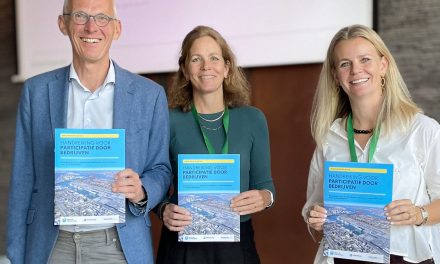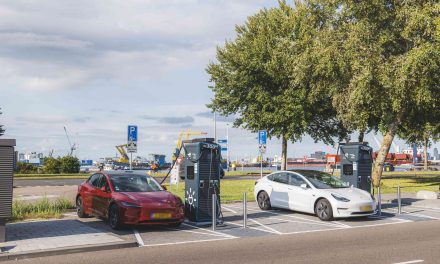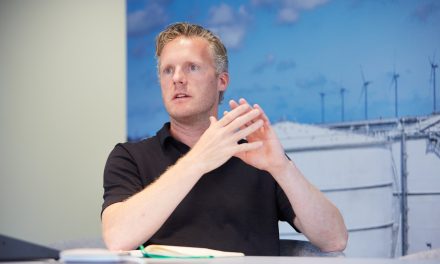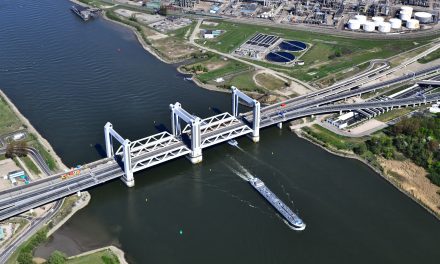
Kabinet ziet toekomst in Rotterdamse industrie
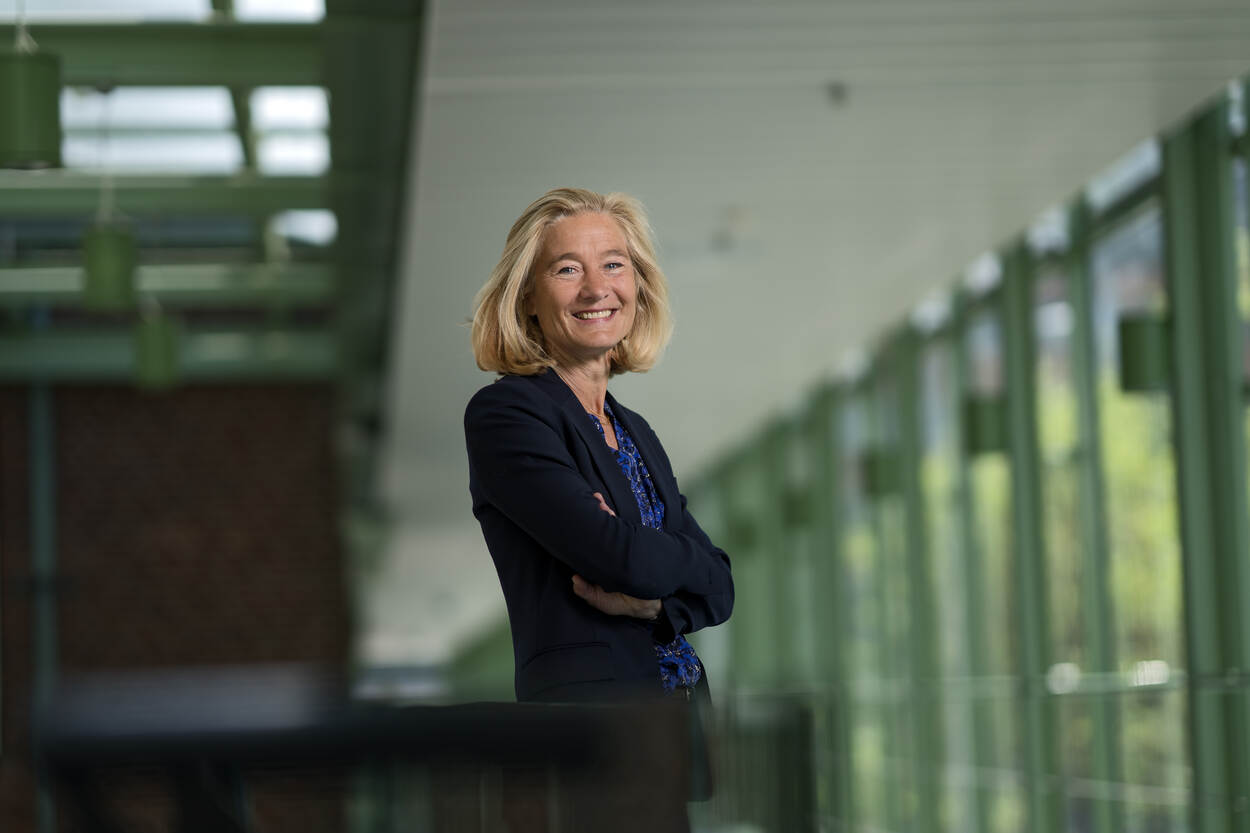
Minister Micky Adriaansens (Foto: Rijksoverheid/Olivier Middendorp)
Het kabinet ziet toekomstperspectief voor de Rotterdamse industrie. Volgens minister Micky Adriaanses kan het cluster om uitgroeien tot ‘duurzaam ecosysteem’.
In een brief aan de Tweede Kamer laat de minister voor Economische Zaken en Klimaat weten dat zij toekomst ziet voor de Nederlandse chemie, raffinage, kunstmest- en staalindustrie. Maar dan moeten de vijf clusters in Rotterdam, Zeeland, Groningen, Limburg en het Noordzeekanaalgebied wel verduurzamen.
Mogelijkheden Rotterdamse industrie
Het kabinet presenteert deze week het Nationaal Programma Verduurzaming Industrie, waarin de verduurzamingsplannen zijn opgenomen. Daarin staat beschreven dat de grote industrieclusters kunnen uitgroeien tot ‘duurzame ecosystemen’, die het Nederlandse verdienvermogen ondersteunen. Adriaansens acht het mogelijk dat de Nederlandse industrie uit kan groeien tot een klimaatneutrale en circulaire koploper.
Regie
Daarvoor is het wel nodig dat de randvoorwaarden aanwezig zijn, oordeelt de minister. Zo moeten duurzame energie, vergunningen en infrastructuur op tijd beschikbaar zijn. Andere beperkingen zijn de beschikbaarheid van personeel, ruimte en het stikstofdossier. Adriaansens vindt dat er meer regie nodig is. Daarvoor moet een stuurgroep zorgen, waarin de overheid, industrie en netbeheerders samenwerken.
Zie ook: 210 miljoen voor samenwerking werkgevers en beroepsonderwijs
English translation
Cabinet sees future in Rotterdam industry
The cabinet sees future prospects for Rotterdam industry. According to minister Micky Adriaanses, the cluster can grow into a ‘sustainable ecosystem’.
In a letter to parliament, the minister for Economic Affairs and Climate says she sees a future for the Dutch chemical, refining, fertiliser and steel industries. But then the five clusters in Rotterdam, Zeeland, Groningen, Limburg and the North Sea Canal area will have to become more sustainable.
Climate-neutral leader
This week, the cabinet is presenting the National Programme to Make Industry More Sustainable, which contains the sustainability plans. It describes that the major industry clusters can grow into ‘sustainable ecosystems’ that support Dutch earning capacity. Adriaansens considers it possible that Dutch industry can grow into a climate-neutral and circular leader.
Constraints
For this to happen, the preconditions must be in place, the minister believes. For instance, renewable energy, permits and infrastructure must be available in time. Other constraints are the availability of personnel, space and the nitrogen file. Adriaansens thinks more direction is needed. A steering committee, in which the government, industry and grid operators work together, should provide that.

